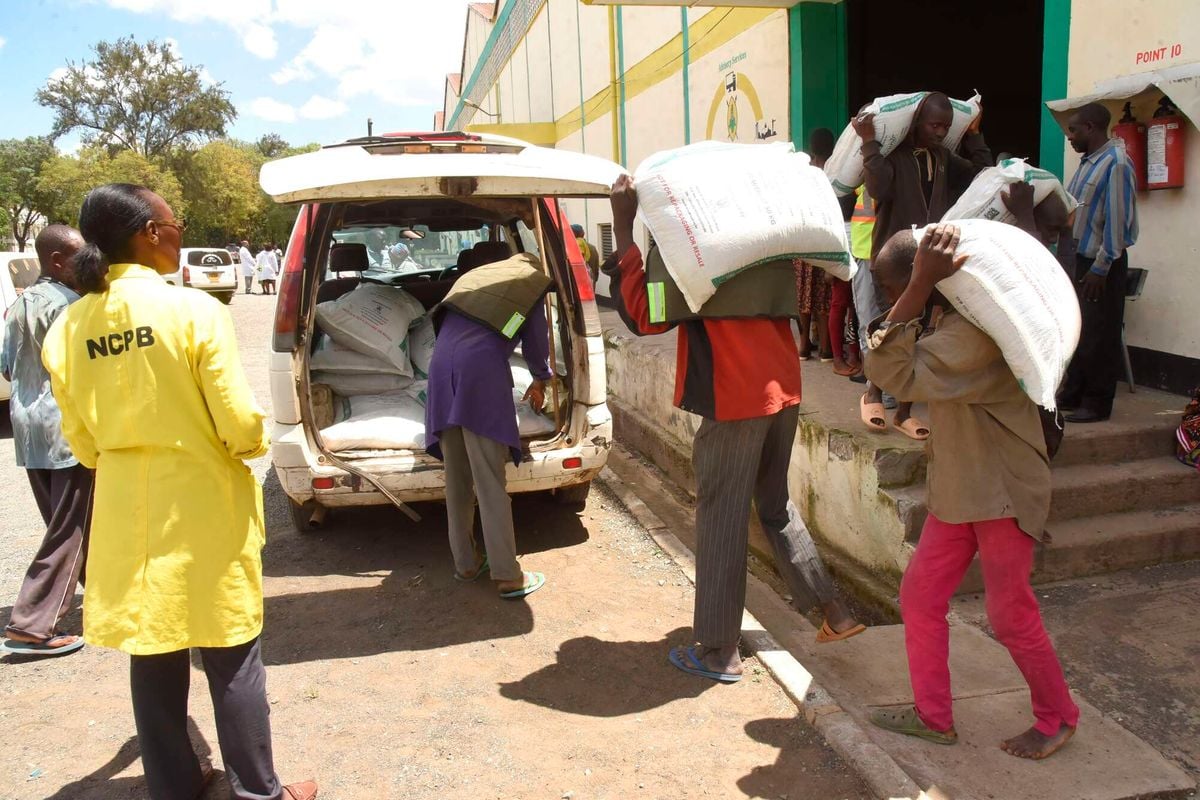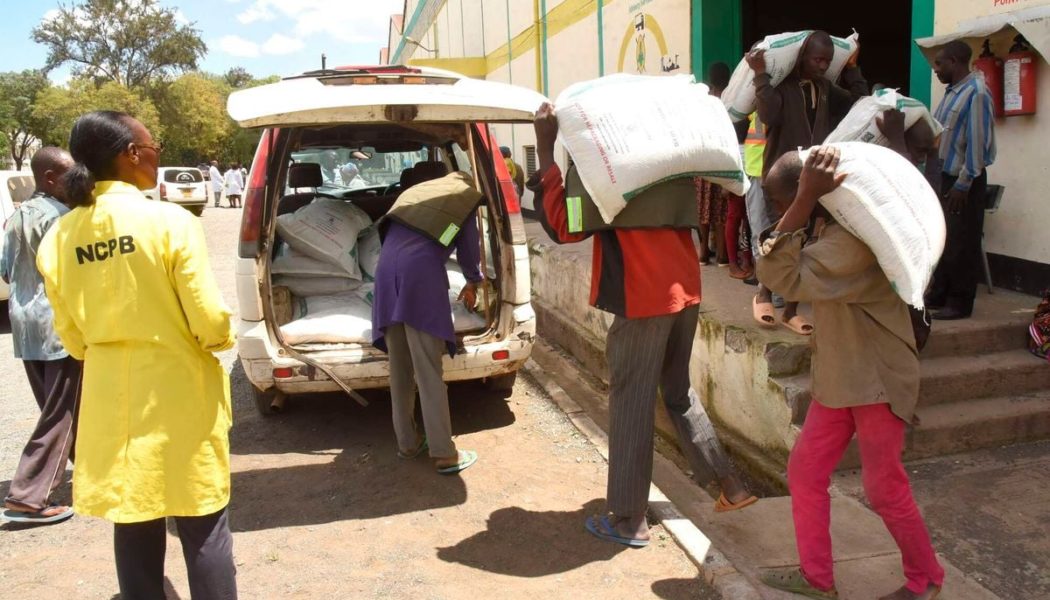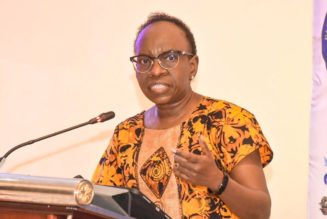
Farmers are among the few winners in the first supplementary budget of the financial year 2024/25 after the National Treasury allocated an additional Sh2.5 billion to the fertiliser subsidy programme.
This comes even as most programmes in the sector and the national government were hit by spending cuts after adjustment of the budget.
In the new budget, the Treasury has increased allocation for the fertiliser subsidy to Sh10 billion from the original budget of Sh7.5 billion approved by Parliament last month.
The rise has seen the government raise the coverage of the programme with some 202,512 farmers expected to benefit from the subsidised farm input compared to an estimated 152,265 farmers in the original budget.
The State also targets to distribute 93,283 tonnes of subsidised fertiliser during the financial year from the initial target of distributing 70,138 tonnes of the key input.
However, this budget still marks a significant cut from the Sh16.2 billion that the government spent on fertiliser subsidy in the financial year 2023/24 following additional allocations through the fiscal year’s second supplementary budget.
The farm input has been an area of focus for President William Ruto’s administration, having identified low-cost fertiliser as one of the main interventions to increase local production of food and other cash crops.
But even as the budget for the fertiliser subsidy got a raise, the agriculture docket suffered major cuts following Dr Ruto’s major budget cuts after withdrawal of the controversial Finance Bill, 2024.
In the new spending plan, the budget for the State Department for Agriculture has been reduced by Sh1.7 billion to Sh44 billion down from the initial budget of Sh45.7 billion.
The cut has reduced allocation to recurrent spending on administration and general support, crop development and management, and agricultural research and development.
The budget for the State Department for Livestock Development has also been chopped by Sh848 million with its spending reduced to Sh11.4 billion down from Sh12.31 billion.
In May, agriculture experts warned that the cuts to the agriculture sector budget in favour of other programmes threaten the country’s food security.
The Agriculture Sector Network, a national lobby for sector players, said the proposed budgetary allocation for the agriculture sector is still a far cry from the 10 percent threshold mandated by the Comprehensive Africa Agriculture Development Programme under the Malabo Protocol.
“We implore the government to diversify public spending that crowds out the private sector and invest in enabling public goods such as infrastructure, reduction in the cost of production to improve local competitiveness, central data collection and management for use by potential investors and less onerous regulation that come with numerous levies,” said ASNET Chief Executive Agatha Thuo at the time.









